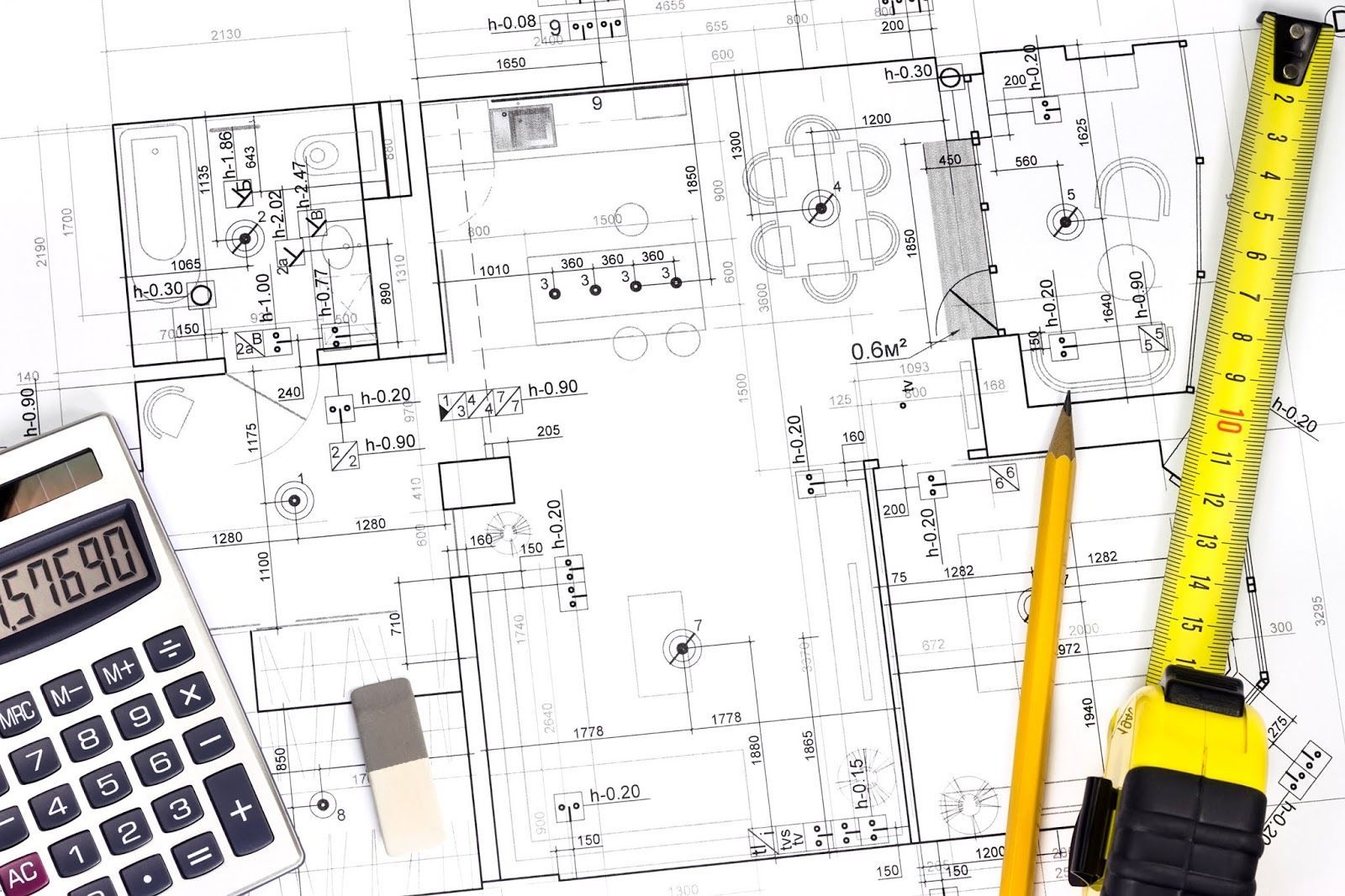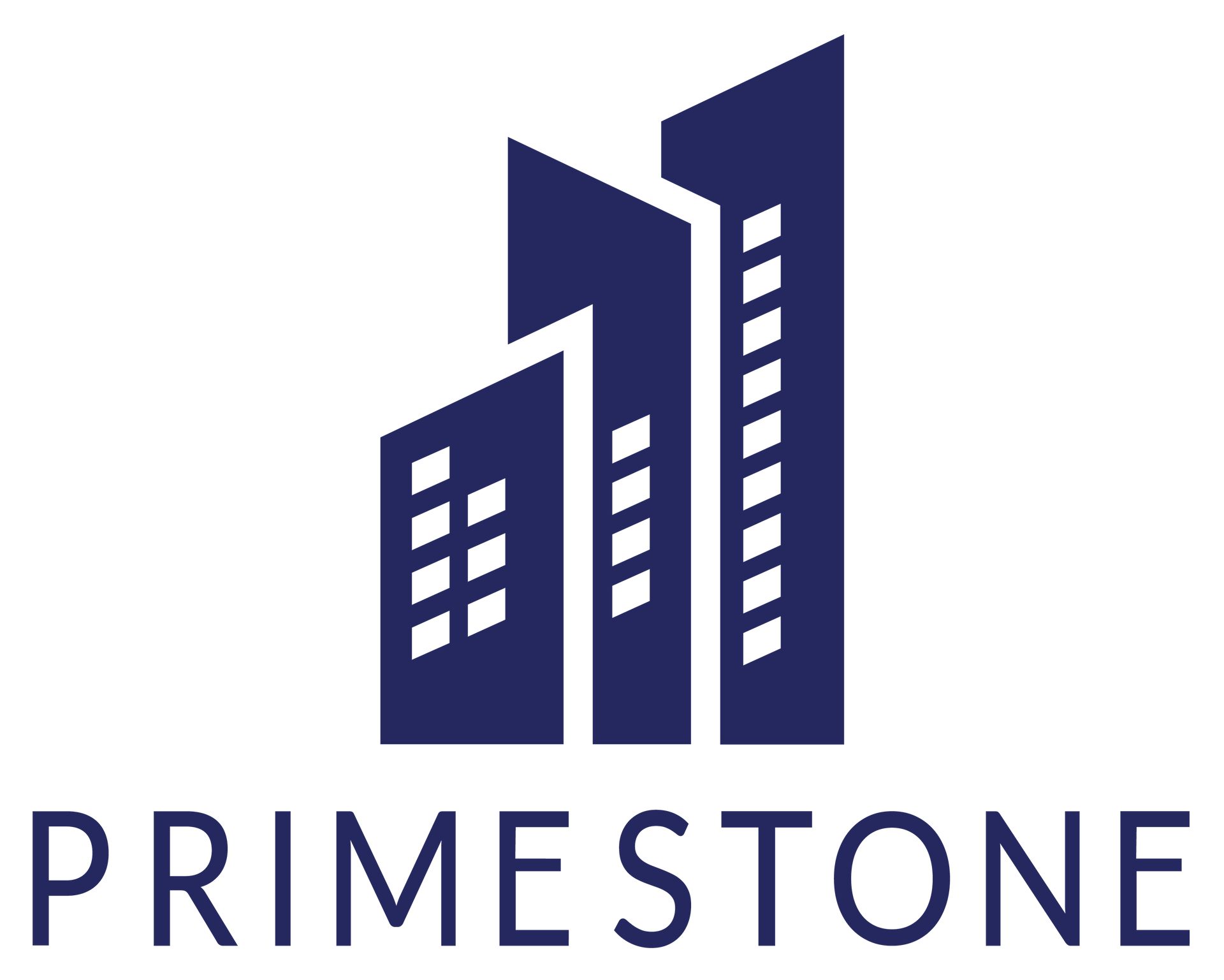The Ongoing Impact of Tariffs and Trade Policies on Construction Cost Estimation: How to Navigate.
By: The Primestone Group
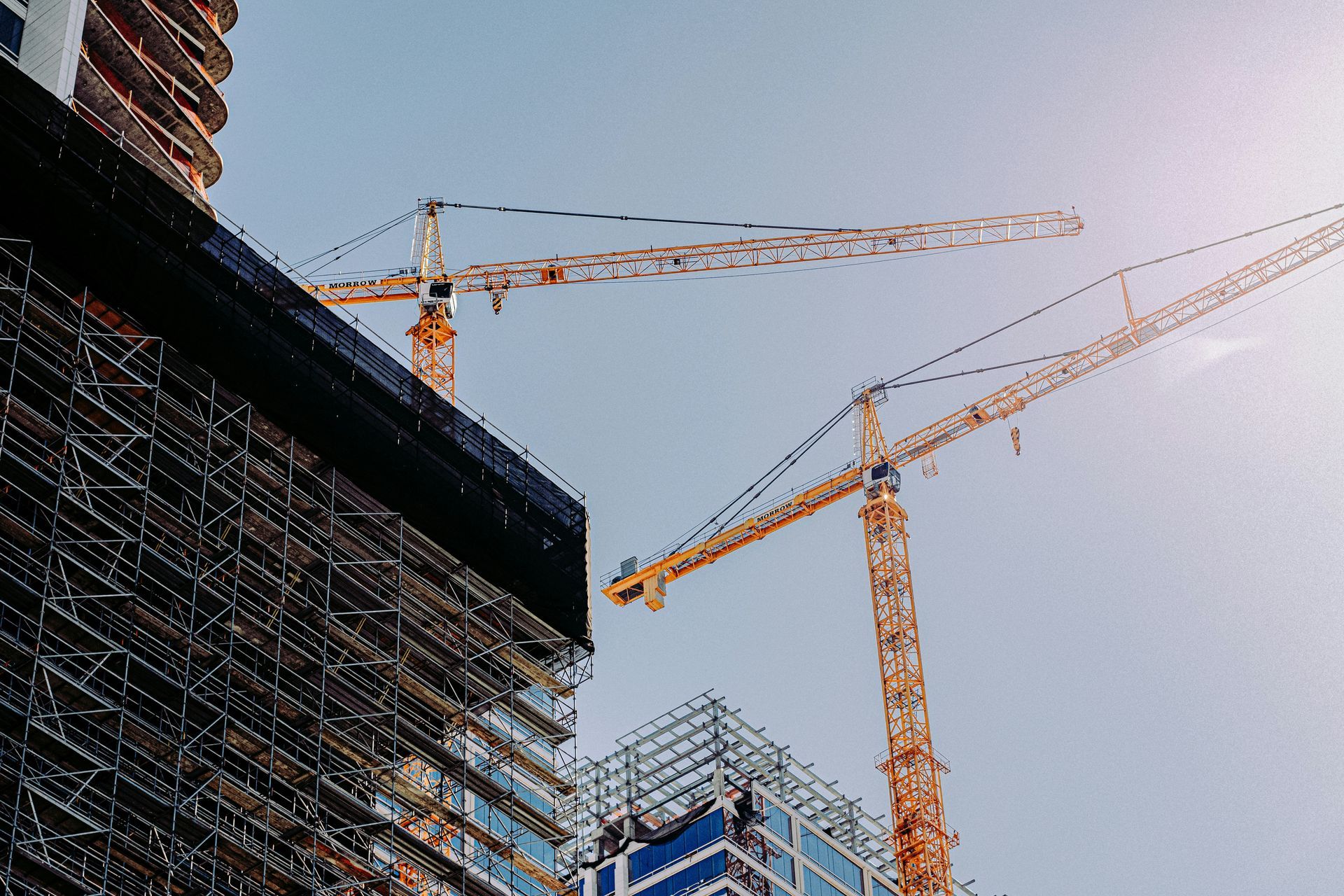
This is an update to an earlier article on the same subject. One clear understanding is that the volatility continues. Construction managers and estimators need to incorporate a strategy to deal with the potential impact on costs and schedules. Trade policies and tariffs, are having a profound impact on cost estimating and construction costs as a whole. As leaders in construction consulting, estimating, and cost management, The Primestone Group (Primestone) recognizes that accurate and adaptive cost estimation is more important than ever. Here’s how we see the role of tariffs and trade policies shaping our industry and the steps we, and other professionals, can take to mitigate their effects on project budgets.
Understanding the Shifting Landscape of Material Costs
In recent years, trade policies, especially those involving tariffs, have led to significant fluctuations in the cost of materials, from steel and lumber to cement and fuel. For construction projects of all sizes, these materials are a critical component, and even small changes in price can make a big difference to the bottom line.
For instance, the imposition of tariffs on steel and aluminum imports has led to widespread price increases, affecting everything from structural frames, rebar and metal cladding. These kinds of shifts make it difficult to predict costs accurately, particularly when trying to remain within a client's budget. The impact of tariffs on the cost of materials, must be considered in the estimating process.
How Tariffs Impact Project Budgets: A Case Study
At Primestone, we’ve worked on a variety of projects where fluctuating material costs had a direct impact on the cost estimate. In these instances, we’ve had to recalibrate our projections in real time, adjusting estimates to reflect new pricing that may not have been anticipated when the project was initially scoped.
In one notable case, the cost of structural steel increased by as much as 30% within 6 months after a tariff announcement, causing a major budget overrun for one of our clients. Fortunately, due to our ongoing work with clients and proactive cost management, we were able to mitigate the damage. However, without our expertise in adapting to these changes, the project could have suffered significant delays and financial penalties.
What Construction Cost Estimators Need to Do: Proactive Strategies
As leaders in the field, Primestone has developed a strategic approach to ensure our clients are shielded from the worst effects of tariff-driven price increases:
- Monitor Political Developments Closely: Our team keeps a pulse on changing trade policies and tariff updates, adjusting cost estimates immediately when changes happen. We use advanced forecasting methods to factor in potential tariff hikes or drops, ensuring our clients understand what could happen down the line. As the volatility is the only constant it makes sense to include a contingency both in terms of costs and scheduling irrespective of the %’s being applied by the White House.
- Flexible Cost Models: We build flexibility into our cost models, particularly for material-heavy projects. We account for potential price fluctuations, which allows us to adjust projections without disrupting timelines or budgets. All estimates should include a documented line item for escalation for budget purposes.
- Source Alternative Materials: In many cases, if tariffs make a material unaffordable, we work with contractors and vendors to find alternatives that can deliver similar results at a lower cost. This proactive approach keeps projects on track without sacrificing quality.
- Allow for Contract Escalation Clauses:
To share the risk with the project stakeholders we suggest a fair and realistic cost escalation clause be negotiated in the terms of the contract. This should be based upon a known index and methodology for implementation. If a claim is made for escalation costs then this needs to be supported in terms of initial pricing back up, back up to establish a reasonable pricing uplift and a clear contract clause that allows this type of claim to be submitted in good faith.
- Pre-purchase or Fast track Orders: In some circumstances it may make economic sense to pre-purchase materials ahead of the project schedule requirements. By doing so the storage costs need to be factored into the cost equation but by buying ahead there may be savings in terms of escalation costs and preventing project delays.
- Transparency and Communication: Keeping clients informed is key. When material costs rise unexpectedly, it’s essential to communicate these shifts quickly and openly. We ensure our clients understand the reasons for cost increases and provide them with options to mitigate financial impacts.
The Future of Construction Cost Estimating/Cost Management in a Tariff-Heavy World
As we look to the future, it’s clear that tariffs and trade policies will continue to play a major role in shaping the construction landscape. However, with careful planning, transparency, and flexibility, construction cost estimators can help guide projects through these turbulent times.
At Primestone, we’re committed to staying ahead of the curve by leveraging our expertise in cost estimating/cost management, project management, and expert witness services. By adopting a comprehensive, data-driven approach to estimating, we ensure that our clients are prepared for whatever comes their way, whether it’s a sudden tariff announcement or a shifting political climate.
If you’re interested in learning more about how TPG can help your project stay ahead of the curve in the world of construction cost estimating, reach out today. We’re here to provide the expertise and strategic advice you need to tackle the challenges of the future.
